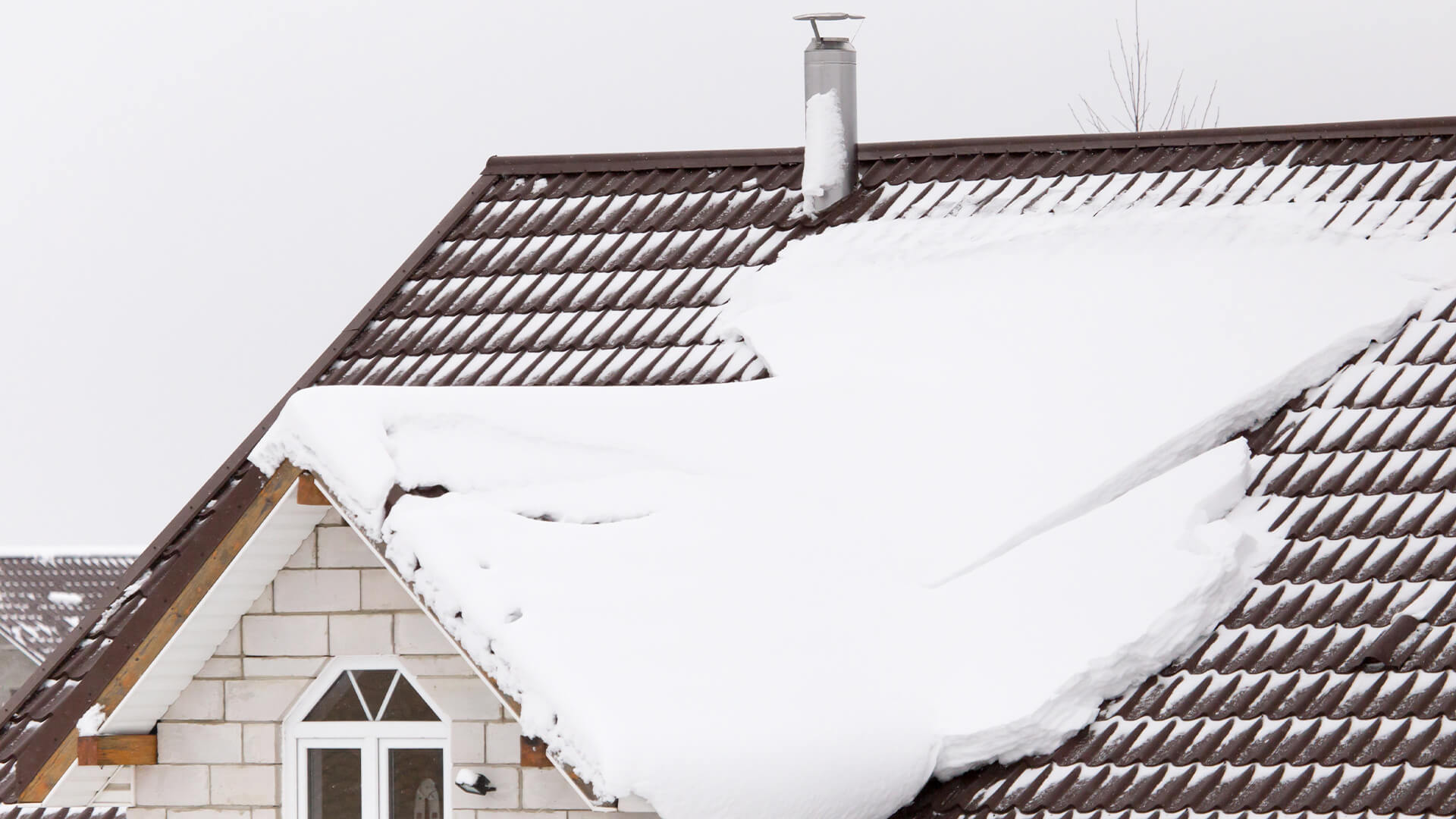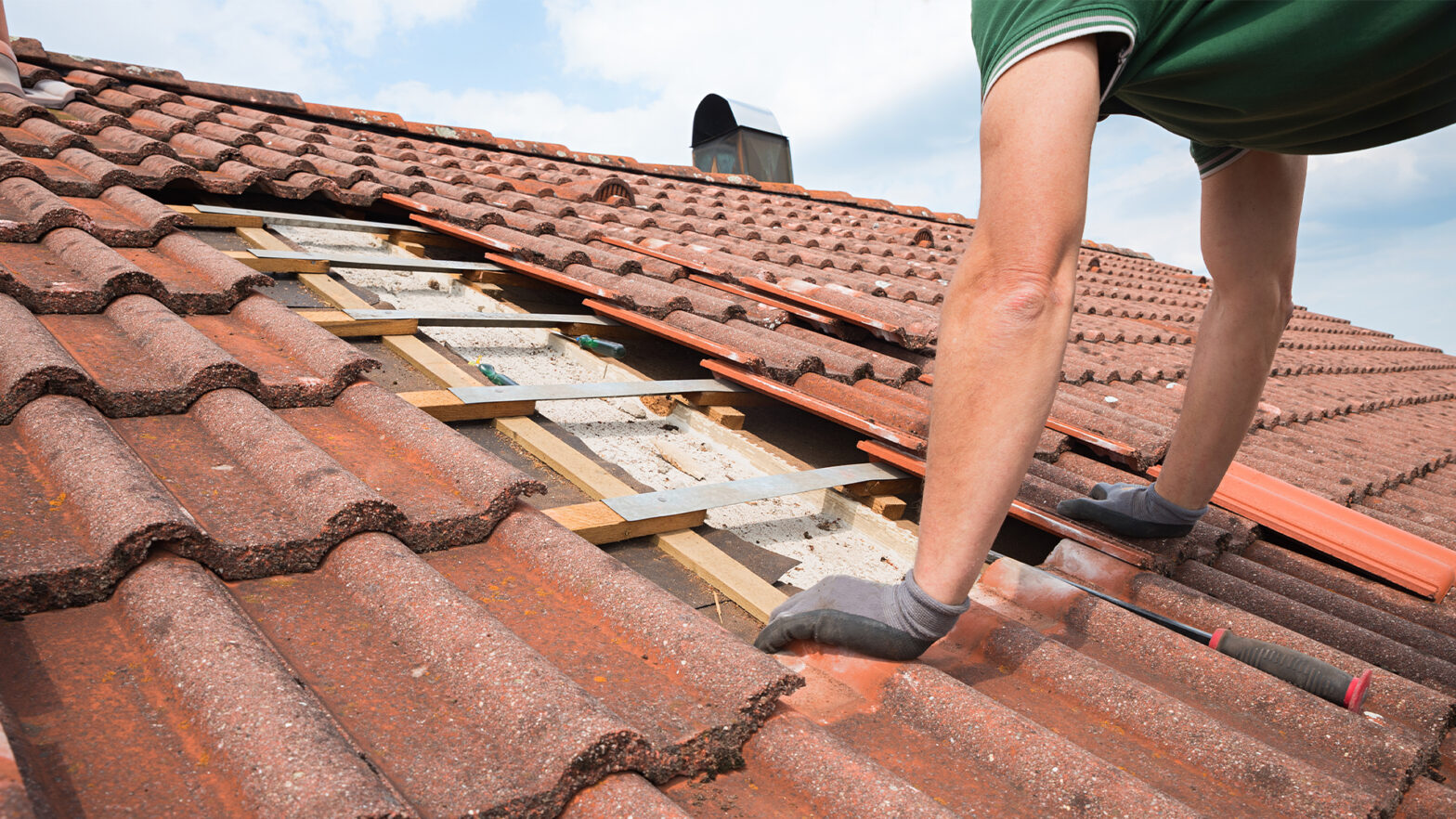Roofing and solar tile experts Marley, are warning businesses and commercial property owners to make necessary safety precautions ahead of the worsening and upcoming winter weather.
Phil Wallis, technical manager at Marley says: “Every year roofing issues cause damage to commercial properties and business premises. Autumn and winter’s concoction of colder temperatures, stormy winds, and heavy rain make for a testing time for roofs. So November is the opportune time to take action before the temperatures significantly drop, and schedule an annual property inspection.
“Many business owners only think about their roofs when there is an issue and they either need to repair or replace them. Unfortunately leaving a problem until it is noticed or severe can be extremely costly for businesses. For a company that operates with technical equipment, a roof leak could devastate computers and tools, and for businesses that can only operate from their premises, it is essential they are safe and open all year round to avoid loss of income or operational impact.”
“As businesses prepare for 2023 and plan budgets, it’s important to factor building maintenance into this too. Routine checks and simple seasonal precautions can help business owners to spot early signs of damage and prevent falling tiles or costly roofing repairs. We are encouraging companies across the UK to take a four-step roofing health check in November to help minimise bigger roofing issues, damage, or worse, injuries.”
Phil’s four winter roof maintenance steps:
1. Clear roofing obstructions like leaves, debris and moss
The key here before wetter winter weather is to ensure leaves and debris are removed from valleys and gutters, and that moss and lichens are removed as they can affect the flow of rainwater. Moss often grows on roofs and structures that don’t receive much sunlight, including those that are north-facing or under trees. The growths typically occur on the tile surface and between roof tiles, and the big issue with this is that it can cause moisture retention and tiles to lift. Frequently moss and algae can be removed by professionals by brushing with a handheld tool or alternatively by applying a moss removing product. Many cleaning firms default to high pressure jet washers for this task, but it’s best to avoid these as they can actually damage the tiles or reduce their overall service life, particularly if repeated often.
2. Check the roof space to identify leaks or cracks in tiles
Many firms are unlikely to go into office attics or even utilise this space, so ensuring this area is checked by an external team or facilities manager before winter is ideal. Leaks would be obvious in the home, but with staff not in the larger office space all the time, it can go undetected. Similarly, if you wait till the point a tile falls off, then you risk injuries to an employee, customer or vehicle.
When a clay or concrete roof tile becomes loose, damaged, or falls off, it makes the underlying roof structure vulnerable to weather damage and leaks. This can often be identified inside the property from the roof space, particularly on older structures. Checking roofs internally can reveal water ingress or evidence of damaged/missing tiles and various other tell tale signs, but this alone will not suffice. Internal inspection should always be accompanied by an external inspection, carried out by trained operatives using suitable roof access equipment.
3. Health-check solar tiles or panels
Demand from non-domestic buildings is definitely growing for solar tile solutions – particularly in the current energy crisis situation – and we’re installing more solar tiles than ever before on commercial and office spaces. During installation of new solar tiles, it is a good time to get a professional to thoroughly check your building’s roof. At this time of year, solar installations should be checked to ensure panels are clear of debris and foreign matter which can affect performance and check there are no signs of visible damage or degradation. Consider updating very old or outdated solar solutions to ensure full efficiency and property safety.
4. Repair damages before the weather worsens
If you or a facilities manager notices any problems during the winter roof check on your business property, take steps to address the issue as soon as possible. If left, it will only worsen as the icy, cold and windy weather approaches. In most cases, it’s best to enlist the help of a professional roofing expert, as they will have the tools and knowledge to carry out the work safely and to a high standard, and ensure your premises’ roof will weather the stormy season.
































